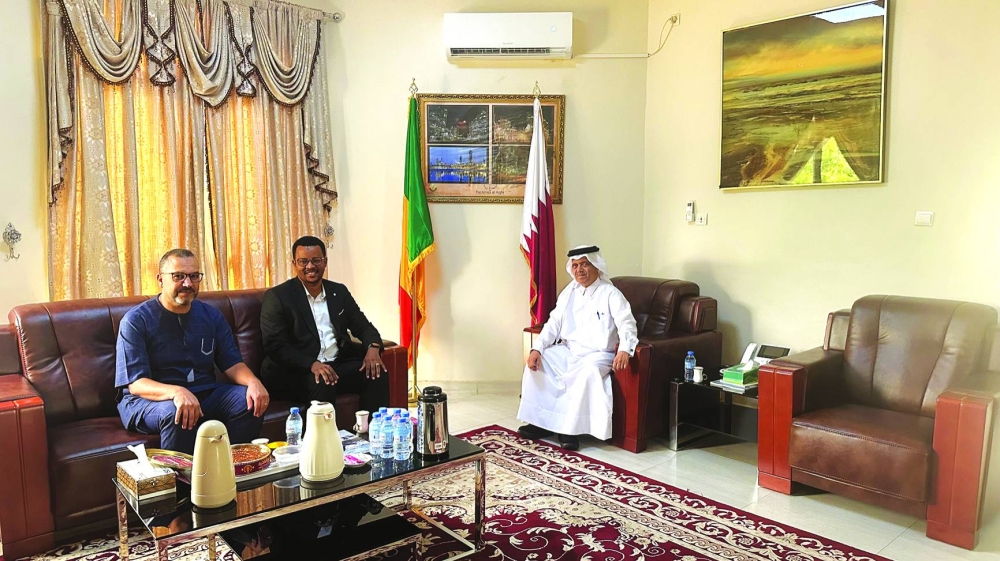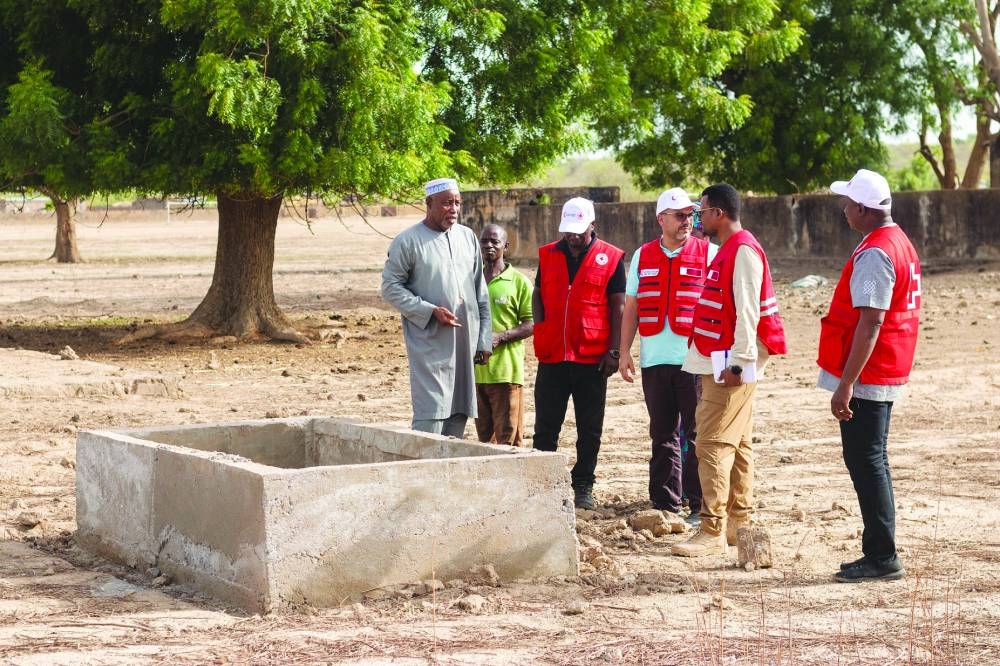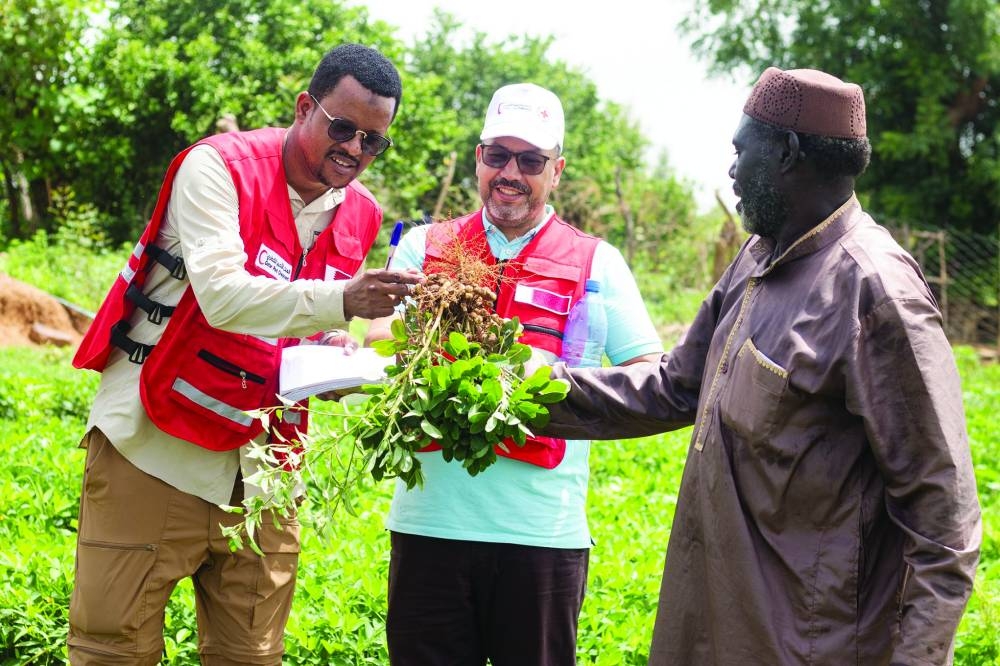Qatar Red Crescent Society (QRCS) has deployed a field assessment delegation to inspect its ongoing humanitarian operations in Mali. Co-implemented with Mali Red Cross, the projects cover water, sanitation, livelihood, and health care sectors, with a total budget of $1,986,678.
The delegation comprised Rushdi Bamasood, monitoring and assessment expert, and Rachid Al-Krouty, head of QRCS’s representation office in Niger, a statement said yesterday. They met with Qatar's ambassador to Mali, Ahmed bin Abdulrahman al-Sunaidi, and briefed on the progress of QRCS’s projects in the country, and he congratulated the team for opening QRCS’s Niger office.
The first project inspected by the delegation was the Health Infrastructure Support Project, which involves building and equipping five new health centres, equipping and furnishing 10 existing health centres, and developing the capacity of the Nurse Training Institute, at a cost of $838,467.
This project targets about 150,000 people at areas lacking health services in Bamako and Koulikoro. So far, it has been 80% complete, with the construction works for the new health centers and supply of equipment are in progress.
The second project is a water and sanitation project for health centres and neighbouring villages in Bamako and Koulikoro. Costing $500,695, it involves drilling five boreholes and implementing an awareness-raising program for a total of 3,500 beneficiaries in poor villages. The accomplishment rate of this project is 85%, with the boreholes dug, tanks installed, and other finishings being conducted.
The third project is aimed at supporting poor families with funding to launch income-generating small enterprises, at a cost of $188,194. Under the project, 64 productive enterprises were established for the benefit of 5,049 poor people in Koulikoro.
The project, 100% complete, include seven cow breeding projects (10 heads per project), 10 goat breeding projects (30 heads per project), nine sheep breeding projects (30 heads per project), 12 agricultural projects for 12 farmer communities, three solar-power mobile charging projects in remote villages, five shops, 14 handicraft projects, and four cart transportation projects.
The last project is intended to provide clean water, sanitation services, and capacity-building for the benefit of 3,000 people in the poor villages of Koulikoro, at a cost of $459,320. It involves digging and equipping six boreholes and implementing a water and sanitation awareness-raising program. The completion rate is 85%, the statement added.



